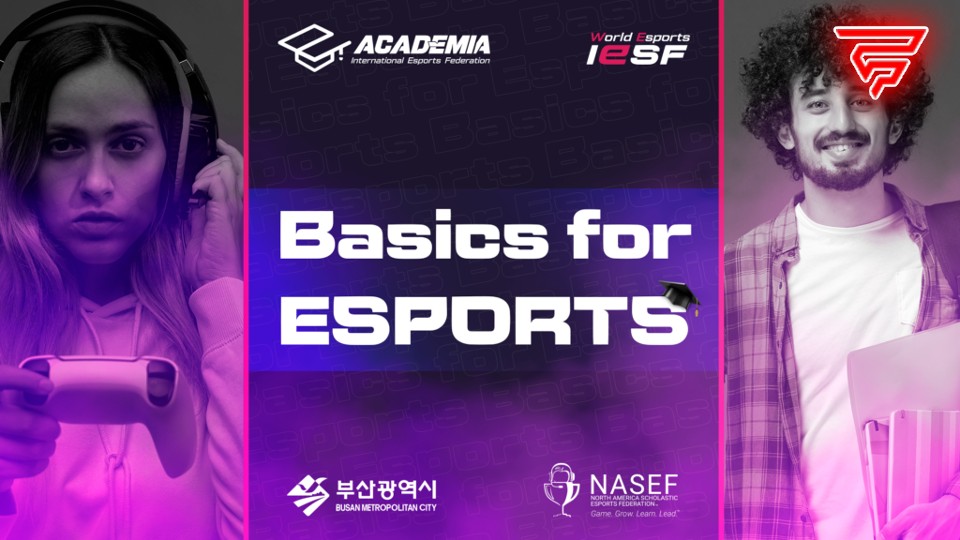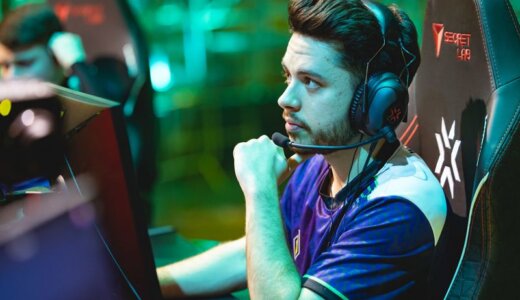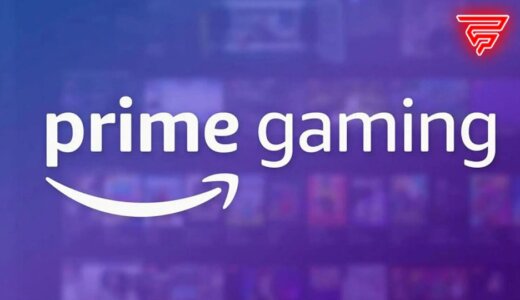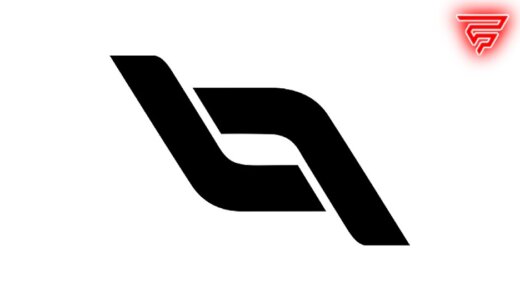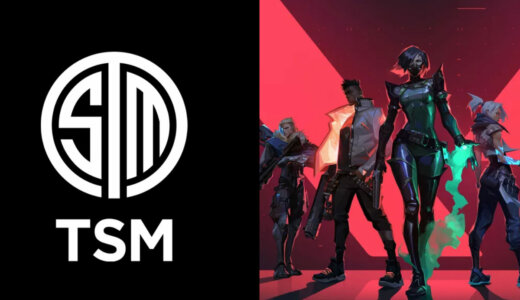Today, the International Esports Federation (IESF) along with the North America Scholastic Esports Federation (NASEF) have launched certificated online esports courses for IESF’s 128 member national federations. While this seems to be a significant step towards making esports education accessible globally, there seems to be a catch.
As stated in IESF’s official announcement, the Basics for Esports online courses are aimed at streamlining organizational structure and educating and empowering the “World Esports Family”.
IESF Secretary General Boban Totovski commented:
“IESF is providing accessible resources that will further strengthen and develop the esports ecosystem to all of our Member Federations and the World Esports Family. We are so excited to launch this project with the North America Scholastic Esports Federation and we look forward to a series of opportunities to educate and empower our members by collaborating with NASEF to host workshops at the upcoming World Esports Championships Finals in Bali this December.”
Esports education for everyone?
IESF reportedly intends to use these courses to educate, mentor and guide the esports community to create a “united ecosystem for the proper development of sustainable gaming worldwide”. The project, which is supported by Busan Metropolitan City, will provide basic knowledge about the esports industry and businesses to IESF’s roster of 128 member organizations, which includes national esports federations and associations of numerous countries around the world.
The Basics for Esports online courses will start with Esports 101 and cover “everything needed to build and grow a successful esports program”. This will include modules on coaching, managing an esports team, establishing a culture of good sportsmanship, planning a live esports competition, and maximizing the potential of esports athletes.
According to the release, the courses are available for free on NASEF x Skillshot Academy webpage “for aspiring and established esports coaches, educators and enthusiasts”. While it is not exactly clear who counts as eligible for a free course, when proceeding to apply for the course, the said page automatically redirects to the checkout where the course can be purchased for $500, seemingly without other options of procuring the content.

Source: academy.skillshot.com
How important IESF really is for esports
Based in South Korea, IESF poses itself as the world’s esports governing body. It was founded in 2008 by nine esports associations from South Korea, Germany, Denmark, Austria, Belgium, Switzerland, The Netherlands, Taiwan and Vietnam. Its mission is to “promote esports as a true sport beyond barriers”. The organization works on behalf of its member nations toward worldwide recognition of esports as a legitimate sport.
According to its website, the federation also provides its members all around the world with support, services and guidelines to establish national esports associations, creates regulations for industry stakeholders, runs the International Esports Academy which trains qualified professionals in the field, and hosts its flagship competition — Esports WE Championships.
6 months and we GO GO GO! 📣
We are exactly 6 months away from the beginning of the 14th World Esports Championships in Bali! 🥳
Counting the days and getting ready for the largest Esports Championship ever 🥳
See you in Bali! 🎮#WorldEsports #IESF #Bali pic.twitter.com/ZlNycLQPwo
— IESF (@IeSF_Master) June 1, 2022
IESF’s existence and work have surely been not negligible for the growth and development of the esports industry. Just like in the case of traditional sports, esports doesn’t seem to function properly just by itself, without a universal governing body that will oversee and direct the development and operations of such a complex ecosystem.
However, there are a few factors that make the organization arguably sub-optimal for governing esports. Mainly, IESF’s structure closely resembles those of traditional global sports organizations like FIFA, which are known for having their fair share of issues including corruption, and which have generally lost a part of their legitimacy over the years due to poor job governing the sports.
While the similarity of IESF’s structure and policies to traditional sports global organizations is the main source of its legitimacy, it’s also what makes it not perfectly suited for esports, because there are fundamental differences between traditional sports and esports that should be taken into account when governing the sector. For instance, its focus on national teams and competition is in direct contradiction with the international nature of esports.
Furthermore, given its scope, there haven’t been that many initiatives by the federation that would actively and demonstrably help people in the industry. This is likely why IESF hasn’t yet been widely recognized as what it seeks to be — the world’s esports governing body — and why its achievements for the industry have been disputed by some.
Making basic esports education available for the whole “World Esports Family” would be a great step ahead not only for the growth of the industry itself and the people in it but also for IESF’s growth as a global federation. But with such a not-insignificant price tag, it doesn’t seem to be that accessible after all.
Header: IESF
